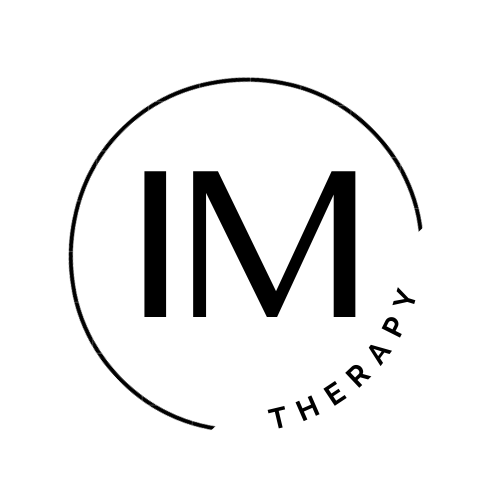
What is phonological awareness? What does it have to do with speech and language?
Phonological awareness is related to one’s detection of differences between sounds and words. As with most areas, there is a hierarchy of skills that are developed in a set sequence. Phonological awareness includes but is not limited to skills like rhyming, counting the number of words in sentences, and counting the number of syllables in words. These skills are regularly practiced in preschool settings; however, lack of development in this area will likely be detected well beyond the preschool years.
With older children, difficulties with phonological awareness may be mistaken for an articulation disorder—difficulty with producing speech sounds. Those with limited phonological awareness may mispronounce words or produce unclear speech because of decreased detection of differences between words, sounds in words, and the like. Children with difficulty in this area may pronounce individual speech sounds without any difficulty but they may struggle when producing longer or less common words and/or when comparing words. Difficulty with phonological awareness may also show up in writing—this is because the child will write what he or she hears, exactly as he or she hears what was spoken by another.
What can I do if I suspect my child is experiencing difficulty with phonological awareness?
Talk to your child’s teacher and his or her pediatrician if your child is not yet receiving speech and language services. However, if your child is already receiving speech and language services from a qualified speech and language professional then you should talk to that person. He or she will guide you towards the best approaches for correctly diagnosing and treating this area of struggle. Oftentimes, after some solid intervention, you will notice marked improvements
What can I do at home to help my child improve his or phonological awareness?
- Sing along with your favorite songs
- Practice nursery rhymes
- Play with words, e.g., have your child say a word that starts with the same initial or final sound you produce
- Practice rhyming words—you can even use nonsense words, e.g., cat–mat–wat
- Utilize games or apps that promote learning or producing the sounds each letter makes: Ex: A is for apple, B is for ball, C is for cat. Also, games that practice letter sound combinations: Ex: ma, me, me, mo, mu.
- Practice counting out the syllables to words. Ex: Cat – 1 syllable, gator-2 syllables, celebrate-three syllables.
- Beginner reading books are great to help piece together sounds and letter recognition.
If you or someone you know needs the services of a licensed and certified speech-language pathologist, please be sure to discuss your concerns with a physician, a speech-language pathologist, or another qualified provider. You can also find a provider through the ASHA ProFind service or visit us at www.bilingualspeech.org for more information. NOTE: This article is intended only as a general source of information, i.e., it is not intended to replace information given to you by a qualified health professional that is familiar with your particular circumstances. If you have an urgent medical need, please seek immediate medical attention.

